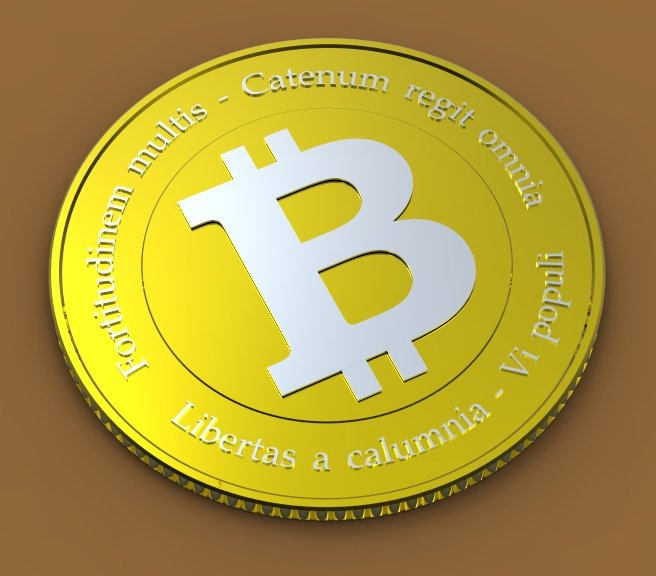I don’t like Tom Brady. I’m convinced he and his teammates cheated the Rams out of a Super Bowl. I’m certain he was heavily involved in Deflategate. He left his pregnant wife for a super model. I don’t think he’s a good person. I think he’s a liar and a cheat.
There are now news stories he and his super model ex-wife were heavily invested in FTX and they might well face financial ruin. Am I happy about that? Does it make me feel good to see someone I dislike so intensely suffer? It’s a good question and I think it goes to the heart of a lot animosity we see in world today, particularly with politics.
Is the Tom Brady and FTX Misery my Joy?
The real question becomes, should I take joy in the misfortune of others if I don’t like them? I totally understand why people feel this way. If I don’t like a person then their misfortune makes me feel good. I’m guessing to feel this way is human, normal.
Then I start thinking about it a little more. Do I really want to be the person who cheers in joy when someone else is suffering? There is not only Tom Brady to think about. What about all those other investors in FTX who are suffering? People I don’t hate, probably people I like.
Then there is Brady’s family, his children, his friends. They also count on the money Brady provides to enjoy their life.
Should I feet bad about Tom Brady and FTX?
Taking into account the general misery of the entire situation and the total number of people affected, should I feel bad? I’ve spoken about the nature of Cryptocurrency scams. How the lure of easy money causes people to lose sight of their better judgement. How scammers steal from people with false promises.
Now Tom Brady is a victim, just like any other. I’ve written that I feel bad for people who are taken in by such scams but I also don’t excuse their greed. Tom Brady, like a lot of other people, got greedy. Maybe it was his financial advisors, maybe it was all Brady, I don’t know. Someone got greedy and is paying the price.
I feel bad for Brady and others, I do. It’s a terrible blow to lose your fortune like Kevin Bacon and so many others did in trusting Bernie Madoff. This disaster might well have played a role in Brady’s divorce, his decision to return to the football field and risk his health. Lack of money, or the pursuit of it, makes people do things they don’t want to do, sometimes dangerous things.
I really do feel bad for Brady.
The Bigger Picture
It’s my opinion this wishing ill upon people we don’t like his problematic in the United States these days. Every time I see thousands of likes on stories where a Democrat or a Republican figure suffers misfortune I think about it. Thousands of people relishing the horrific car crash that killed Anne Heche. Why are so many people happy to see those they dislike suffer, die? Suffering is terrible. I wish we lived in a world where no one suffered.
I’m not the most empathetic person in the world. I don’t feel the suffering of others. I’m far more intellectually inclined. Still, I do feel bad for Brady. I don’t like him, never will, but I get that his suffering isn’t my happiness. Anyone’s suffering is not my happiness.
Conclusion
Does this all make me a better person? I actually think so. I think people who relish in the suffering of those they dislike are not doing themselves or anyone else any good. I certainly understand it’s human nature. Believe me, when I first heard Brady may have lost his fortune, it made me smile. “Good,” I said. “No one deserves it more.”
Then I started to think about it and changed my mind. Maybe you can do the same when you see the misfortune of someone from the opposite side of the political spectrum. Maybe you can admonish friends who do the same. Maybe you can’t.
Tom Liberman

